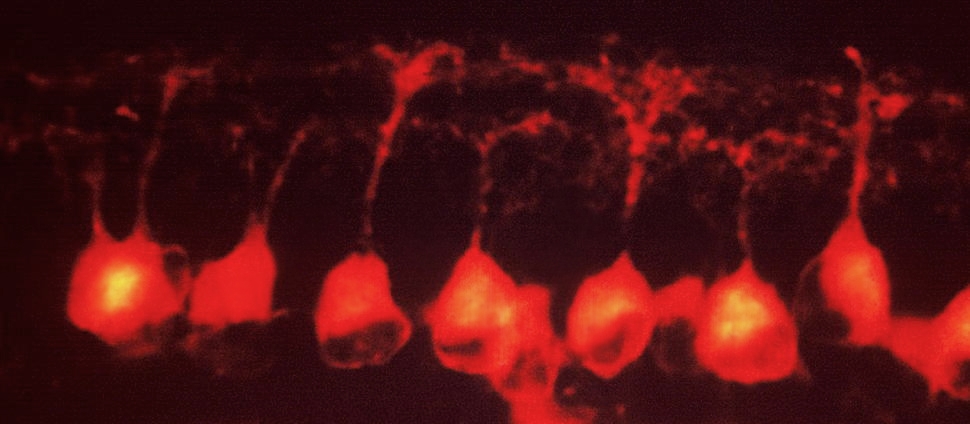Differential Associations of Distinct Forms of Childhood Adversity With Neurobehavioral Measures of Reward Processing: A Developmental Pathway to Depression
Peer reviewed accepted manuscript.
Abstract
Childhood adversity is associated with altered reward processing, but little is known about whether this varies across distinct types of adversity. In a sample of 94 children (6–19 years), we investigated whether experiences of material deprivation, emotional deprivation, and trauma have differential associations with reward-related behavior and white matter microstructure in tracts involved in reward processing. Material deprivation (food insecurity), but not emotional deprivation or trauma, was associated with poor reward performance. Adversity-related influences on the integrity of white matter microstructure in frontostriatal tracts varied across childhood adversity types, and reductions in frontostriatal white matter integrity mediated the association of food insecurity with depressive symptoms. These findings document distinct behavioral and neurodevelopmental consequences of specific forms of adversity that have implications for psychopathology risk.


